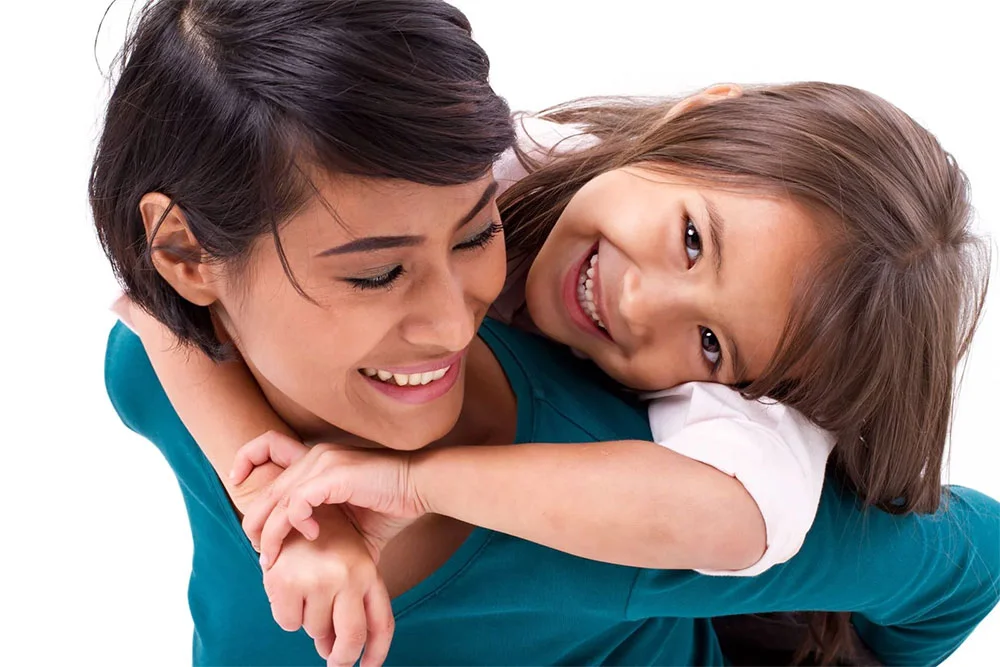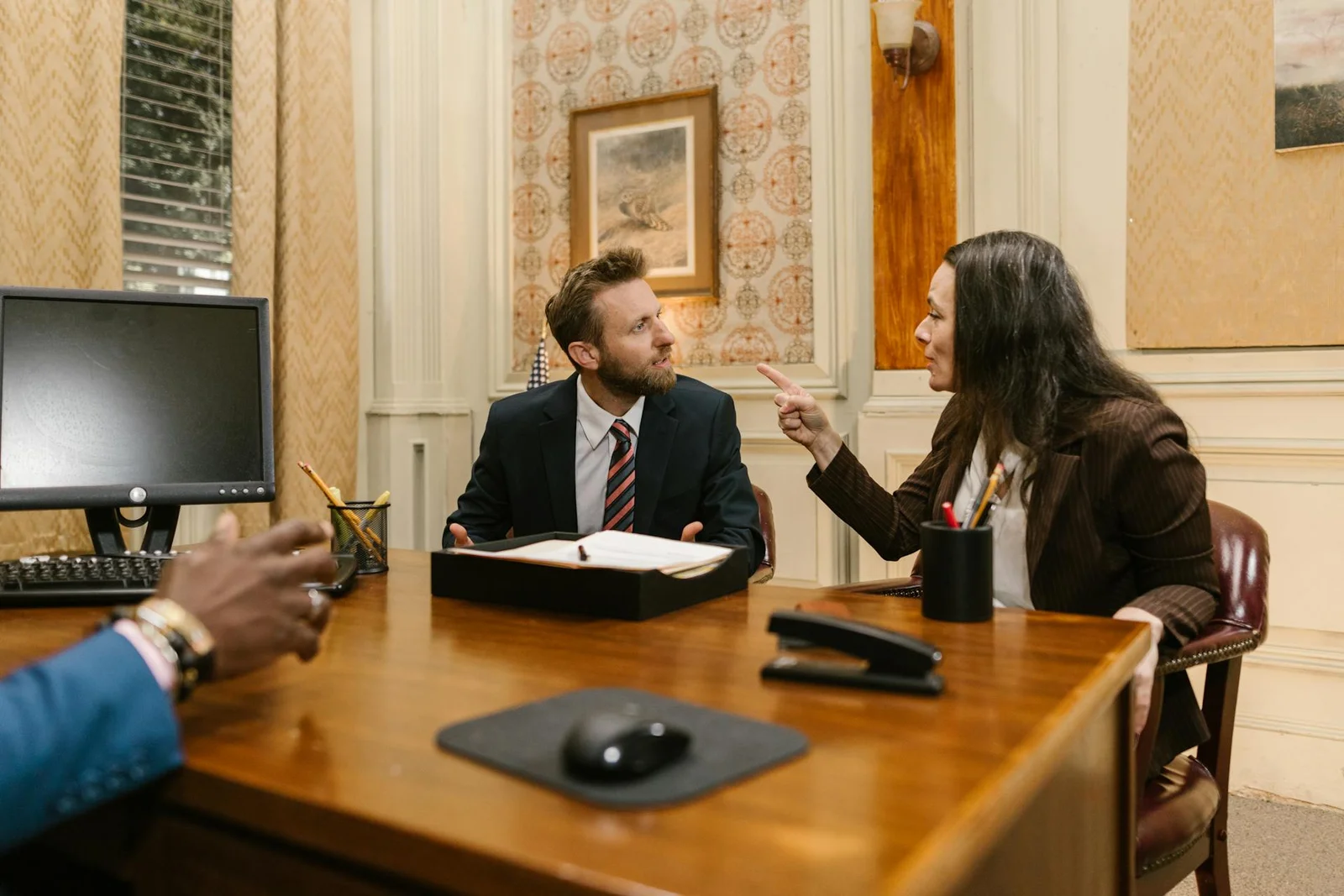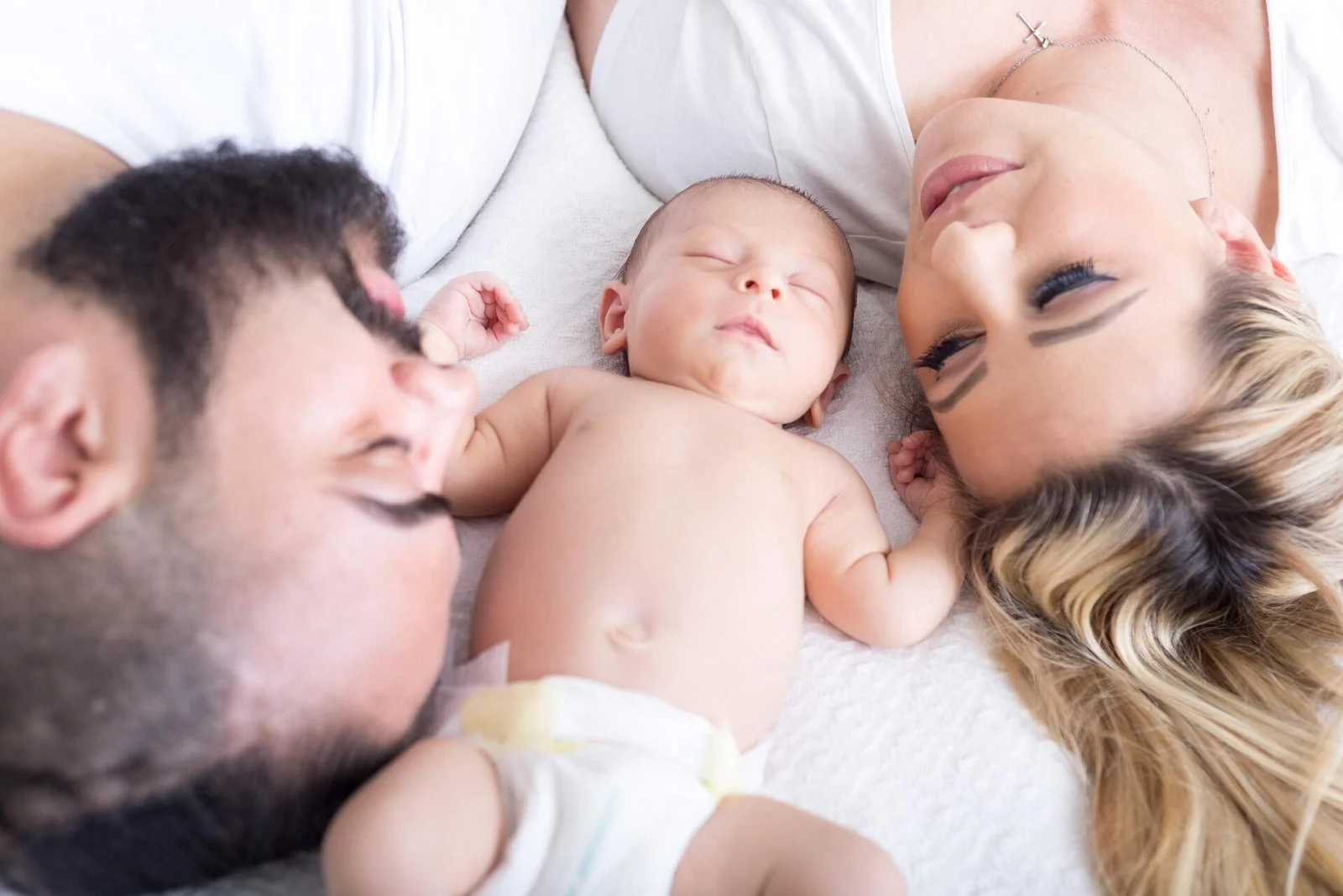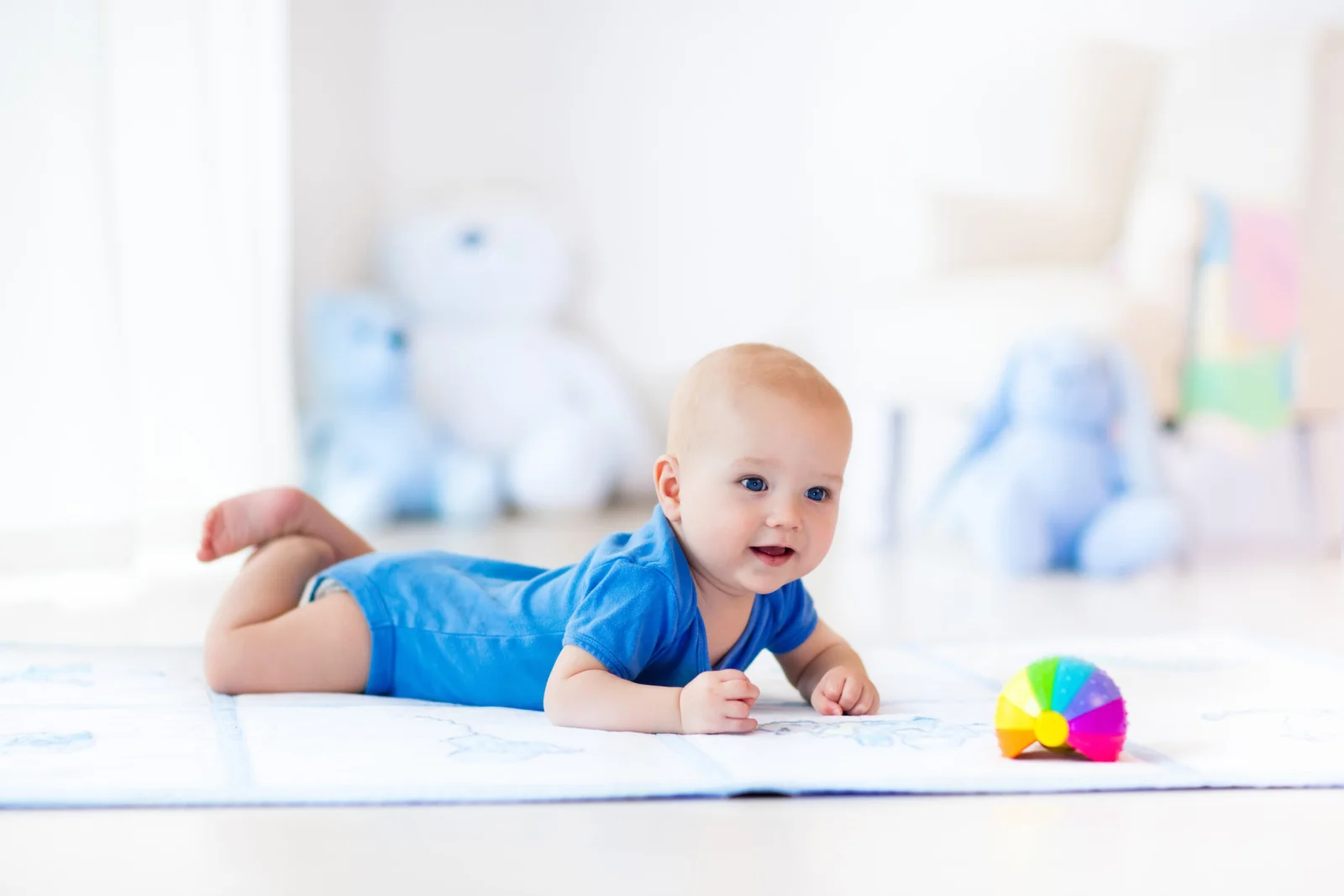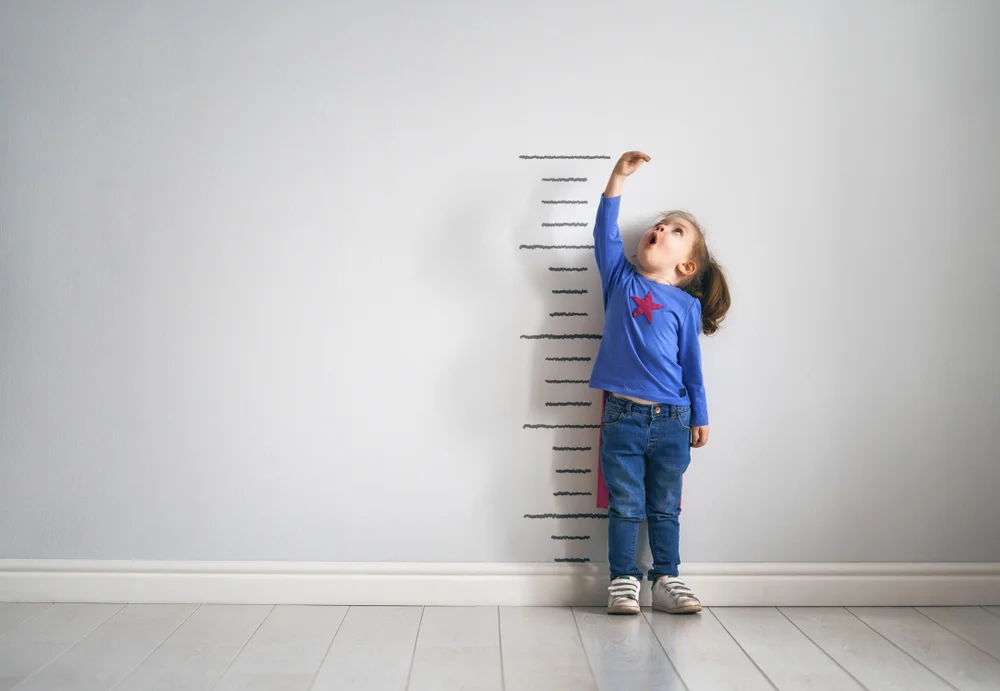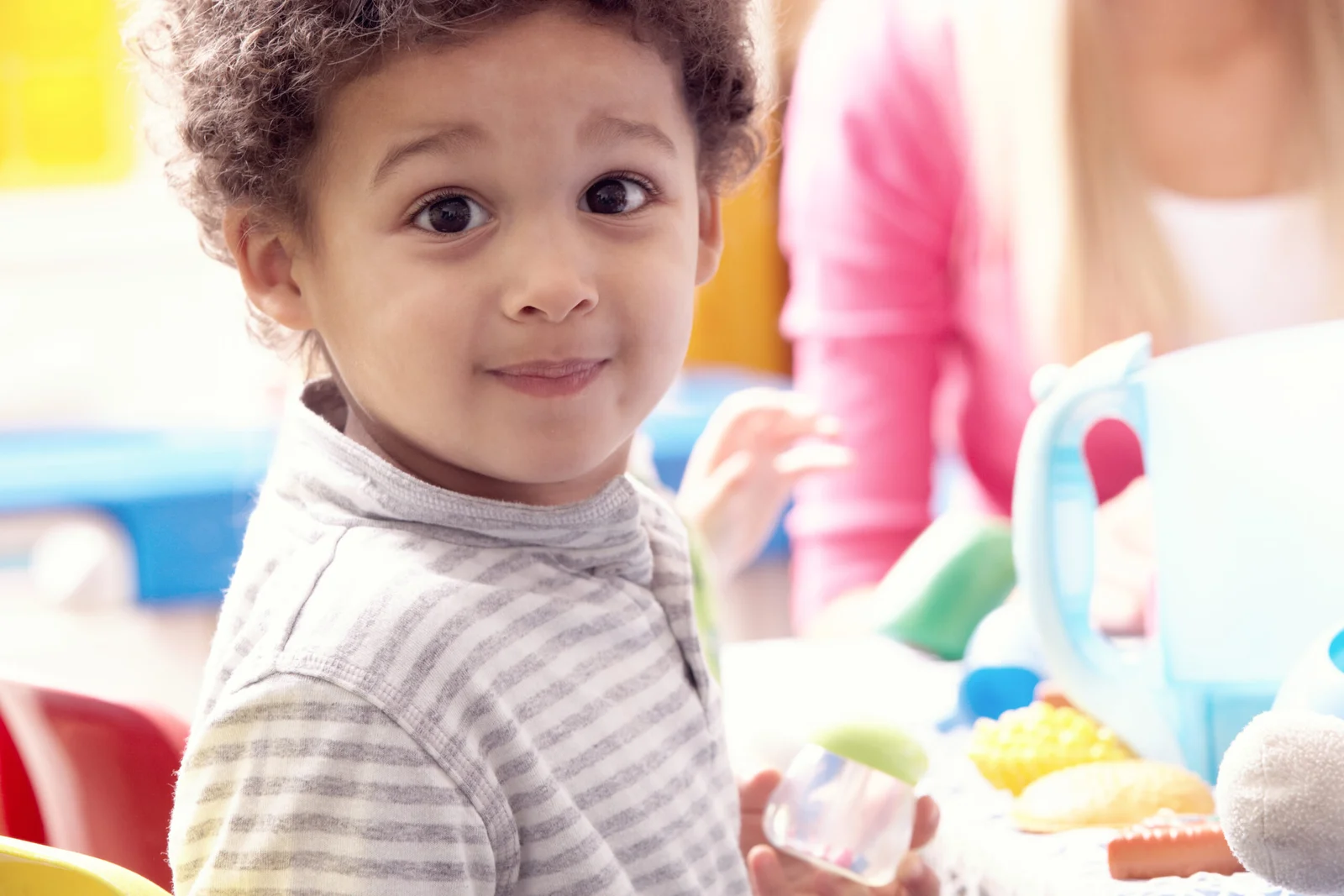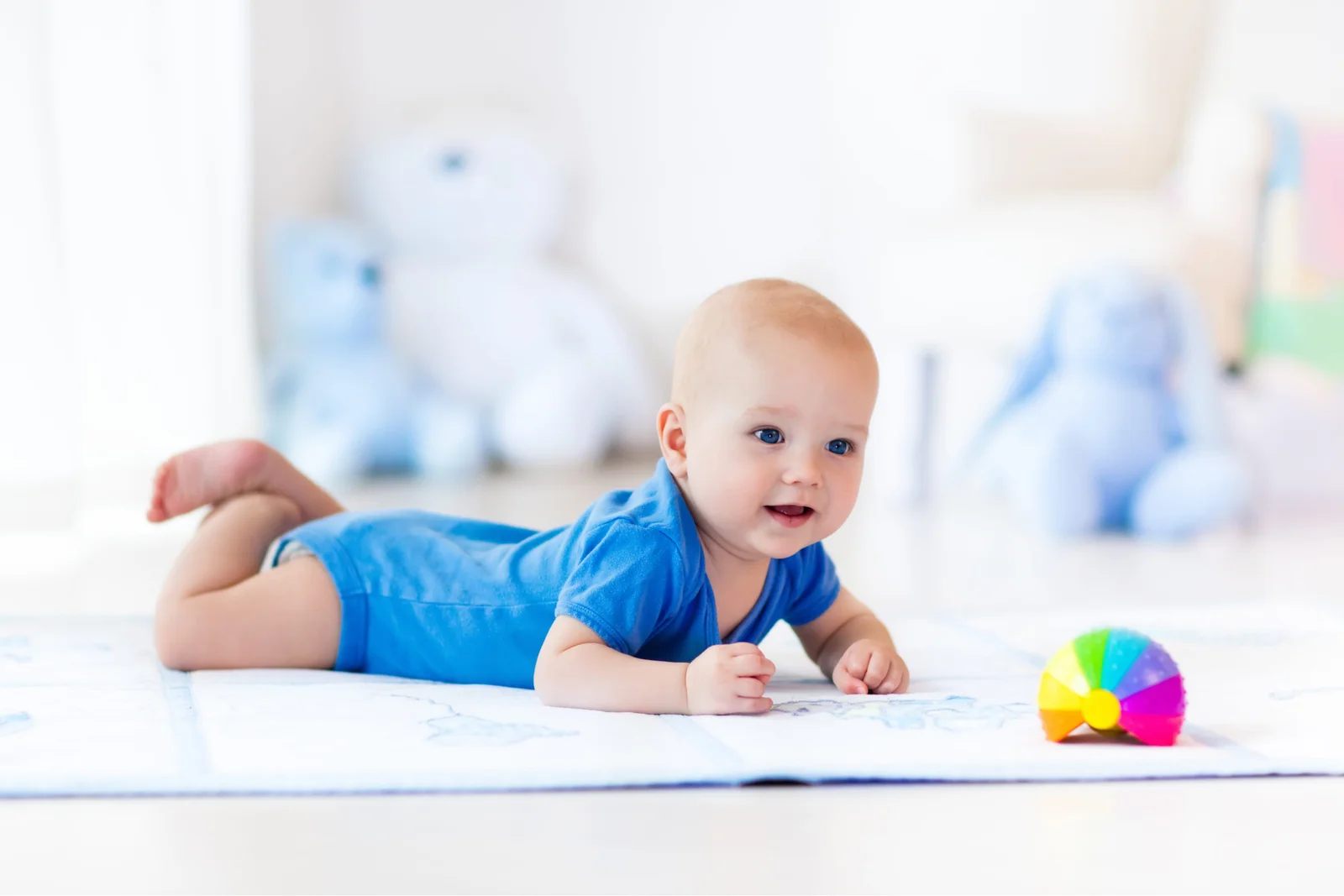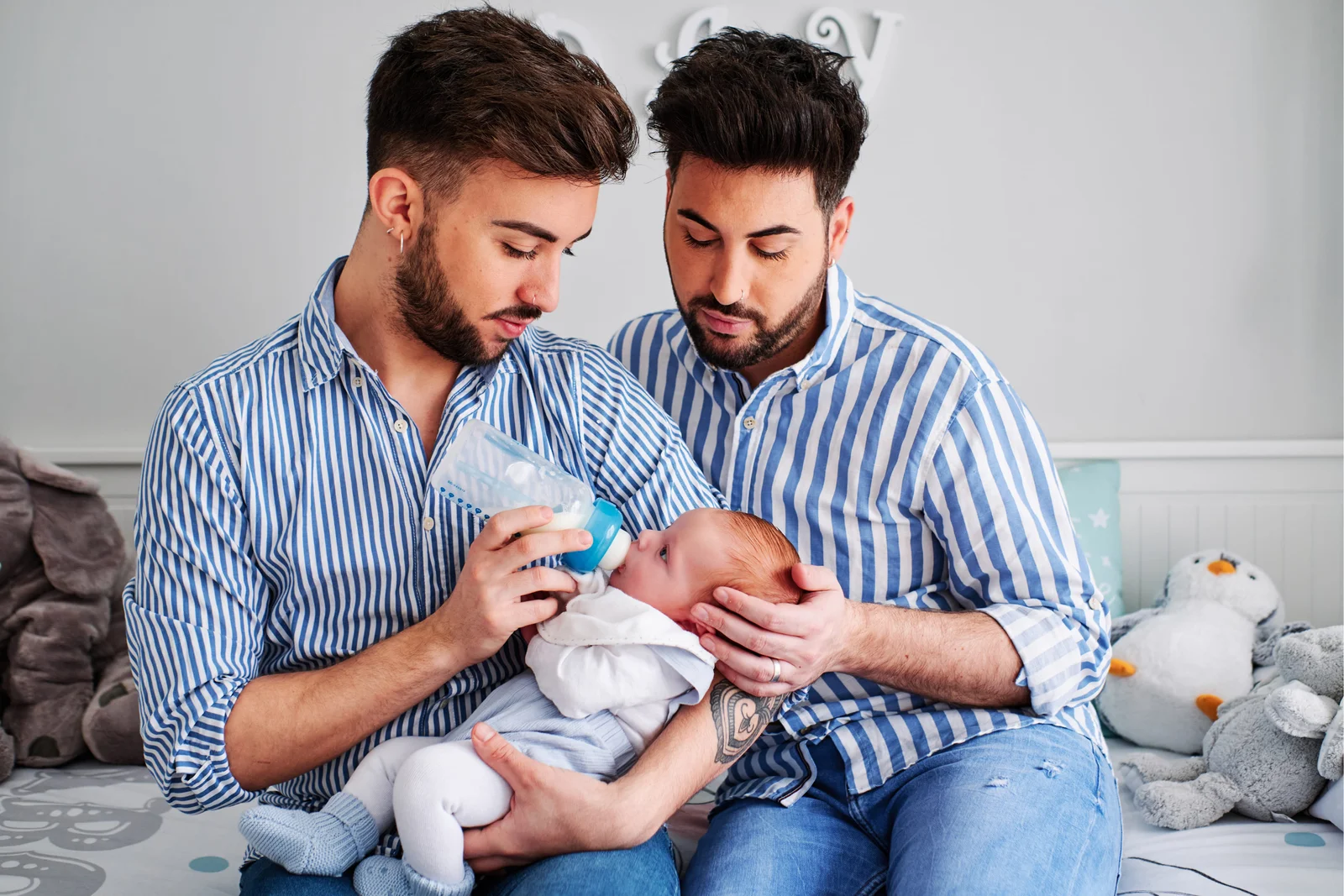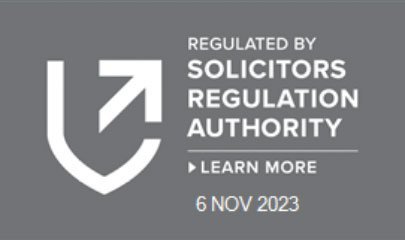Dr Damien McCann from Tavistock Relationships gave an interesting presentation on the impact that inter parental conflict and parental alienation can have on children. When parental alienation occurs, a child can experience low self esteem, guilt, confusion and the feeling that the alienated parent does not love them. A child may also feel a sense of betrayal towards the alienating parent if they dare to express a wish to see the other parent. Dr McCann described these feelings as representing to the child ‘a persistent unmourned loss’.
We were reminded that hatred is not an emotion which comes naturally to a child, it is something which is taught. Any parent who teaches their child to hate or fear the other parent represents a danger to the child’s emotional well-being.
All this is very worrying, but what can be done? I see numerous clients (usually, but not always the father) who come to me describing a situation where they previously had a good relationship with their child/children, but they suspect the other parent has put pressure on the child not to see them and express a fear of them. There is a spectrum of alienation, with some cases being mild and others severe.
Whilst a child and particularly an older child is able to clearly express their views, to what extent should they be taken into account, where the other parent suspects parental alienation has occurred?
CAFCASS acknowledge there are a significant number of parental alienation cases and it was heartening to hear Sarah Parsons, Assistant Director and Principal Social Worker for CAFCASS explain that there will now be mandatory training for all front line case workers in parental alienation, which will be incorporated into the operating framework. This will hopefully enable officers to establish whether there is a potential issue of parental alienation at an early stage, to what degree and deal with it appropriately.
If alienation is identified, the perpetrator will be given the opportunity to change their behaviour. CAFCASS has also developed a 12-week positive parenting programme to help the abusive parent see the situation from their child’s perspective and develop skills to change their pattern of behaviour. This will be trialled shortly, with the programme being introduced nationwide from spring 2018.
In very extreme cases where the alienating parent does not change their behaviour, they could find their own contact with the child severely reduced or even stopped. Surely a deterrent enough to make them examine their behaviour and hopefully a positive step forward in the way contact cases are dealt with by the courts.
Legal Advice
Allard Bailey Family Law is a specialist family law practice advising on all areas of family law. Based in the heart of the legal district, we offer virtual appointments out of the usual 9am – 5pm and can meet with clients in person in central London or Hertford. Call 020 7993 2936 to arrange a consultation with one of our family solicitors or contact us here.




